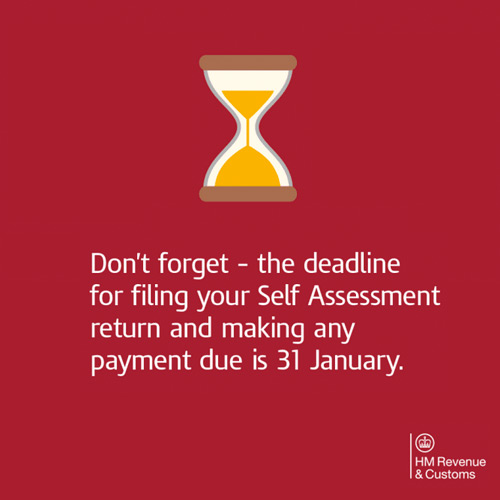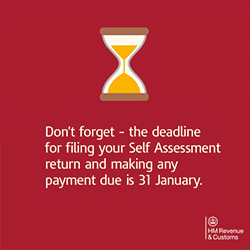This year marks the twentieth anniversary of the option to electronically submit the tax return to HMRC. However, more than ten million taxpayers are yet to file their tax return for income earned during the period 6th April 2016 to 5th April 2017. The deadline for online filing and payment is midnight January 31st 2018.
HMRC is reminding individuals to take this opportunity two months out from the deadline to beat the rush and use their online facility at www.gov.uk/selfassessment to fill out and submit their tax return.
The penalty for being even one day late submitting the tax return and paying any tax due is £100 automatically - with interest being charged from the date the payment was due. Penalties can be appealed and in the past some 'interesting' late tax return excuses have been attempted.
Taxpayers with less than £3,000 due on their tax bill and at least one PAYE income source can opt for tax due to be collected from their tax code as long as they submit their return online by December 30th 2017. This option has further caveats that are explained when the tax return is submitted but generally your normal tax deducted from payslips per month must be double the amount of tax due on your tax return when divided into 12 monthly installments.
HMRC will not accept personal credit cards as a form of payment after January 13th 2018. Taxpayers using credit cards must use a business registered card from that date.
You can use our online multiple income tax calculator to get an estimate of your tax bill before your submit or file anything with HMRC - this is especially useful if you have multiple income sources and want to see how much your tax bill could possibly amount to.
We have another tool for small businesses to estimate tax liability where you can see options to extract profits from a small business after income and expenses taking into consideration corporation tax, dividends, and income taxes on employees.
For landlords our buy to let tax calculator can show you how the effects of the tapering of mortgage interest relief and other relief changes affect the amount of tax you pay on your property portfolio.



